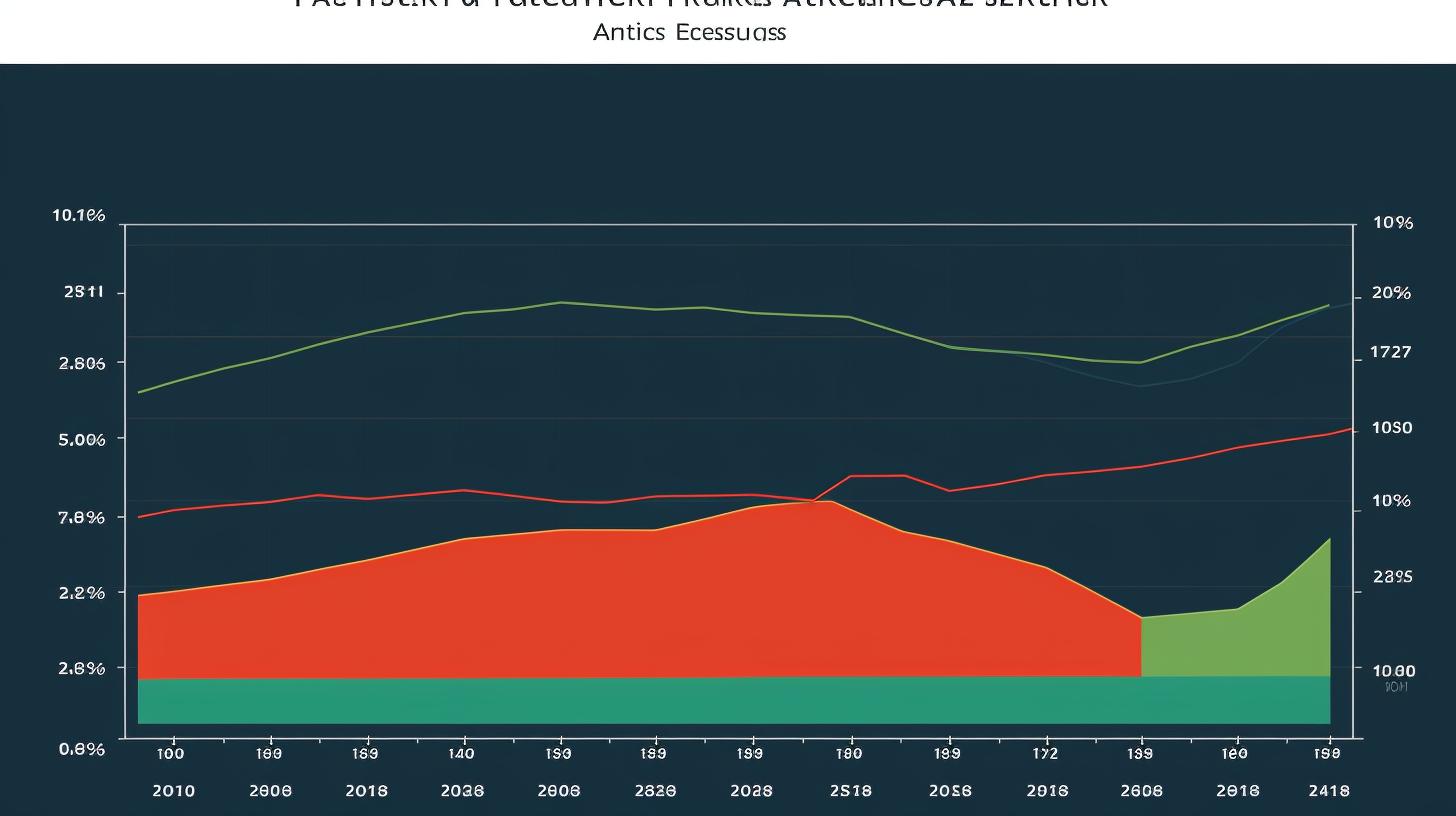Estate Planning 101: Securing Your Assets and Providing for Your Heirs
In an era where financial literacy is paramount, estate planning emerges as a critical component of securing one's financial legacy. Far from being a topic reserved for the wealthy, it's a pivotal strategy for anyone looking to safeguard their assets and ensure their loved ones are well taken care of. Whether you're a first-time planner or revisiting your arrangements, understanding the basics of estate planning is essential.
The Importance of a Solid Estate Plan
An estate plan is more than just a legal document. It's a comprehensive strategy that includes will drafting, trust establishment, asset protection, and beneficiary designations. The aim is to provide clear instructions on how your assets should be distributed upon your passing, thereby avoiding potential disputes among heirs and ensuring your wishes are respected.
Asset Protection and Management
One of the primary benefits of estate planning is asset protection. By correctly structuring your estate plan, you can shield your assets from creditors, lawsuits, and even divorce proceedings. Moreover, it facilitates smoother asset management and transition, reducing the likelihood of legal hurdles and administrative hassles for your heirs.
Tax Implications and Estate Taxes
A well-crafted estate plan can also significantly reduce the tax implications for your heirs. Through strategic planning, you can minimize estate taxes and maximize the inheritance your heirs receive. Tools like irrevocable trusts and charitable donations can be effective in reducing your taxable estate and benefiting your heirs in the long run.
Will Drafting: The Cornerstone of Estate Planning
At the heart of any estate plan is the will. It's your opportunity to spell out your wishes regarding the distribution of your assets. Will drafting should be approached with care, ensuring it's legally binding and clearly articulates your intentions. It's advisable to work with a professional to avoid common pitfalls that could lead to disputes or contestation.
Setting Up Trusts: Beyond Basic Will Drafting
For those looking to go beyond basic will drafting, trusts offer a versatile estate planning tool. They provide greater control over how and when your assets are distributed, offering benefits like asset protection, tax advantages, and privacy. Whether it's a revocable living trust for flexibility or an irrevocable trust for asset protection, the right trust can significantly enhance your estate planning strategy.
Choosing Beneficiaries: A Crucial Step
An often overlooked aspect of estate planning is the selection of beneficiaries. Careful consideration should be given to who will inherit your assets, whether it's family members, friends, or charitable organizations. It's also important to regularly review and update your beneficiary designations to reflect life changes such as marriage, divorce, or the birth of a child.
Estate Planning for Digital Assets
In today's digital age, it's also crucial to include digital assets in your estate plan. From social media accounts to digital wallets, these assets require special consideration and planning to ensure they're appropriately managed or distributed upon your passing.
Conclusion: The Time to Plan is Now
Estate planning is not a one-time event but an ongoing process that requires regular review and updates. With the complexities of modern finances and the ever-changing legal landscape, seeking professional advice is more important than ever. Whether you're starting from scratch or fine-tuning an existing plan, the time to prioritize your estate planning is now. Securing your assets and providing for your heirs is not just a financial decision but a lasting legacy that will benefit generations to come.













